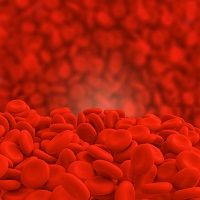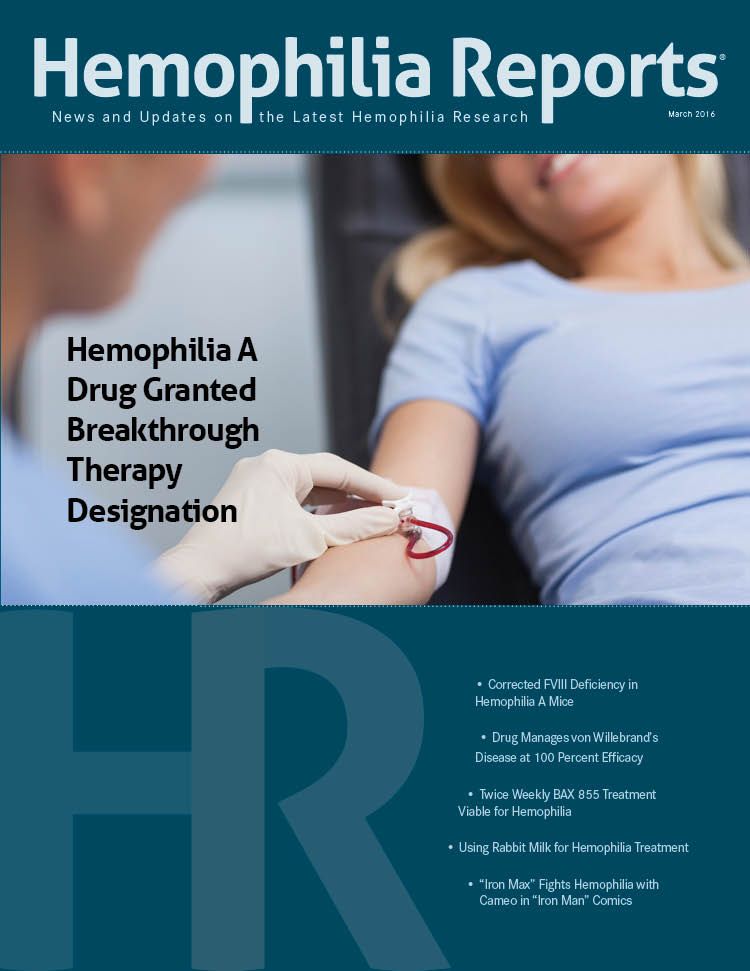Drug Manages von Willebrand’s Disease with 100 Percent Efficacy
All von Willebrand Disease patients successfully managed bleeding episode using BAX 111 treatment, according to a study conducted by Baxalta. The study was published in the journal Blood.

All von Willebrand Disease patients successfully managed bleeding episode using BAX 111 treatment, according to a study conducted by Baxalta. The study was published in the journal Blood.
The researchers observed the on demand treatment of 37 von Willebrand patients around the world to determine if BAX 111 would successfully treat bleeding episodes. They also evaluated the drug’s efficacy measures, pharmacokinetics, and the number of infusions and the number of units administered for each bleeding episode.
“Von Willebrand disease is the most common hereditary bleeding disorder, yet few treatment options exist,” John Orloff, MD, head of Research & Development and chief scientific officer, Baxalta, explained in a press release. “BAX 111 has the potential to transform the standard of care, especially for patients with severe von Willebrand disease, by offering an effective individualized treatment option.”
The patients reported a mean efficacy rating of <2.5 on a four-point scale — in the study, 1 represented excellent and 4 demonstrated no bleeding control. Using one infusion was sufficient to control a majority of the bleeds, 81.8 percent. A median of two infusions were required to treat major bleeds.
The researchers did not report any thrombotic events or severe allergic reactions. No patients reported anti von Willebrand factor binding or neutralizing antibodies to von Willebrand factor.
Side effects were reported in the trial, the most common of which included headache, nausea or vomiting, and anemia. These side effects were not considered related to the BAX 111 treatment. However, there was one patient who experienced two simultaneous series adverse events that were considered related to the treatment: chest discomfort and increased heart rate during infusion. Those adverse effects were resulted within three hours and no further symptoms were reported.
BAX 111 is different from other recombinant replacement treatments for managing von Willebrand disease patients’ bleeding episodes because it contains a higher concentration of ultra large molecular weight multimers — the statement added that these demonstrate high functional activity.
